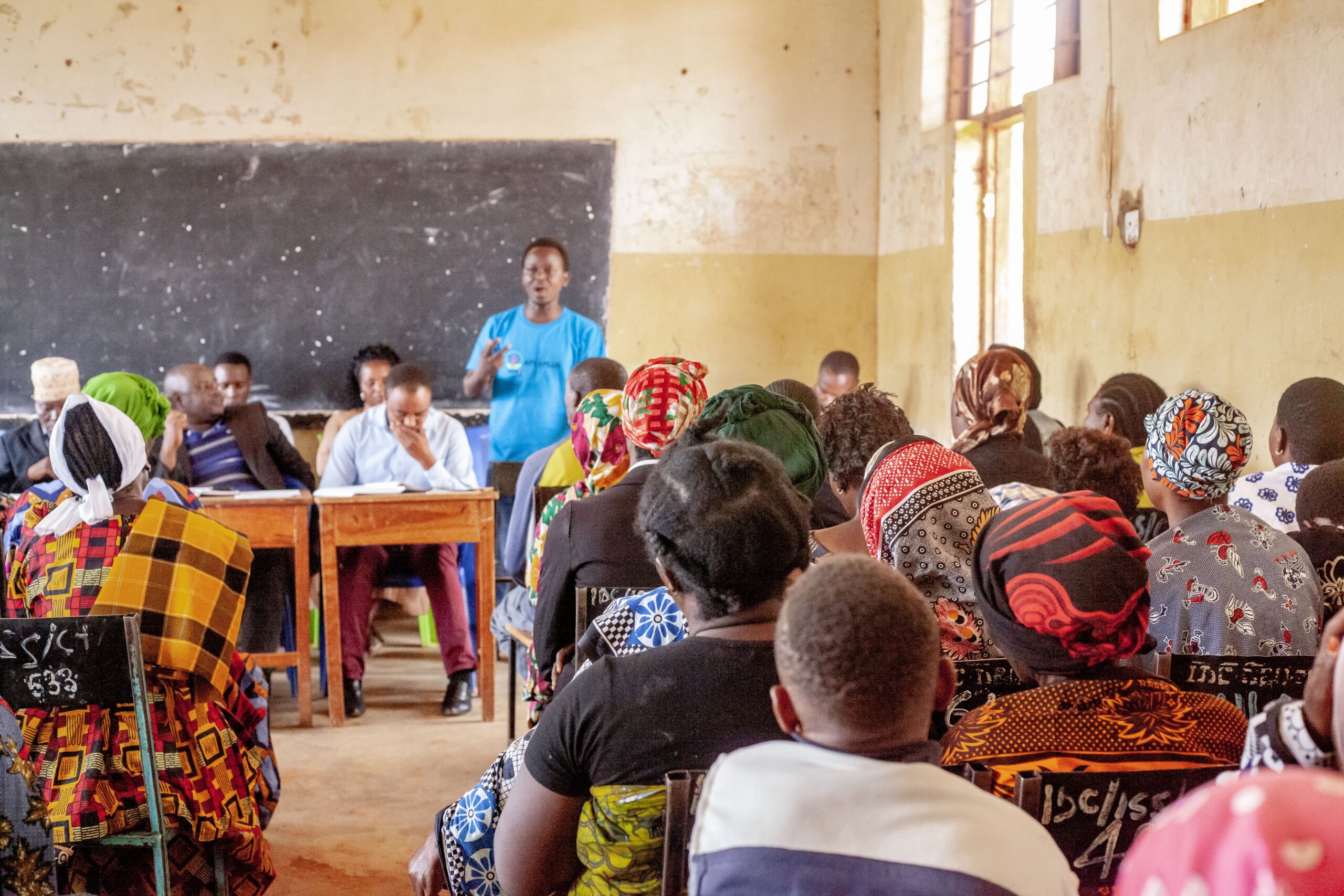About the Project
The Safe Pad Lab Project is a four-year initiative funded by the Malala Fund, strategically designed to contribute to Sustainable Development Goals (SDG 4 and 6). We support the education journey of adolescent girls in primary and secondary schools across Iringa and Dodoma regions.
Our mission is to combat traditions, taboos, myths, misconceptions, and negative cultural attitudes surrounding menstruation. Menstrual health has persistently been overlooked and neglected by various social programs, often influenced by cultural, social, and economic factors.
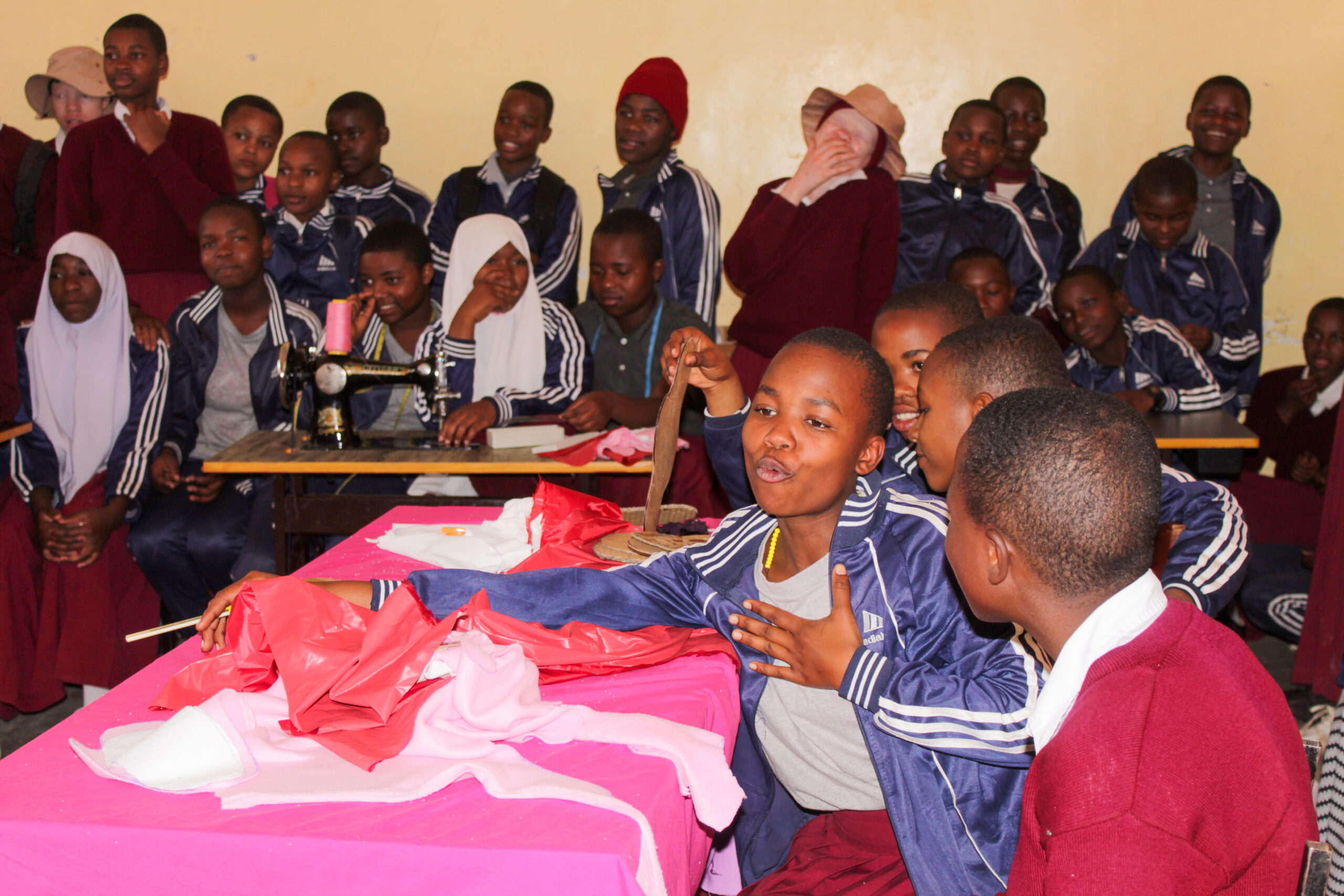
Breaking Barriers
We're fighting against the stigma that prevents girls from fully participating in education during their menstrual cycles. Our project creates safe spaces for open dialogue and education about menstrual health.
Download Project OverviewProject Objective
Safe Pad Lab Project aims to break down barriers school girls face during menstruation and build awareness on good Menstrual Hygiene Management (MHM) and Adolescents Sexual Reproductive Health and Rights (ASRHR) among 39,023 school girls.
Awareness Sessions
We conduct awareness sessions on Menstrual Health Hygiene (MHH) and Adolescent and Sexual Reproductive Health and Rights (ASRHR) for both school girls and boys. This knowledge leads to improved Knowledge, Attitude, and Practice (KAP), encouraging girls to remain in school.
Through education, students make informed decisions about their reproductive health, reducing gender-based violence, early marriage, pregnancies, school dropout, and frequent absenteeism.
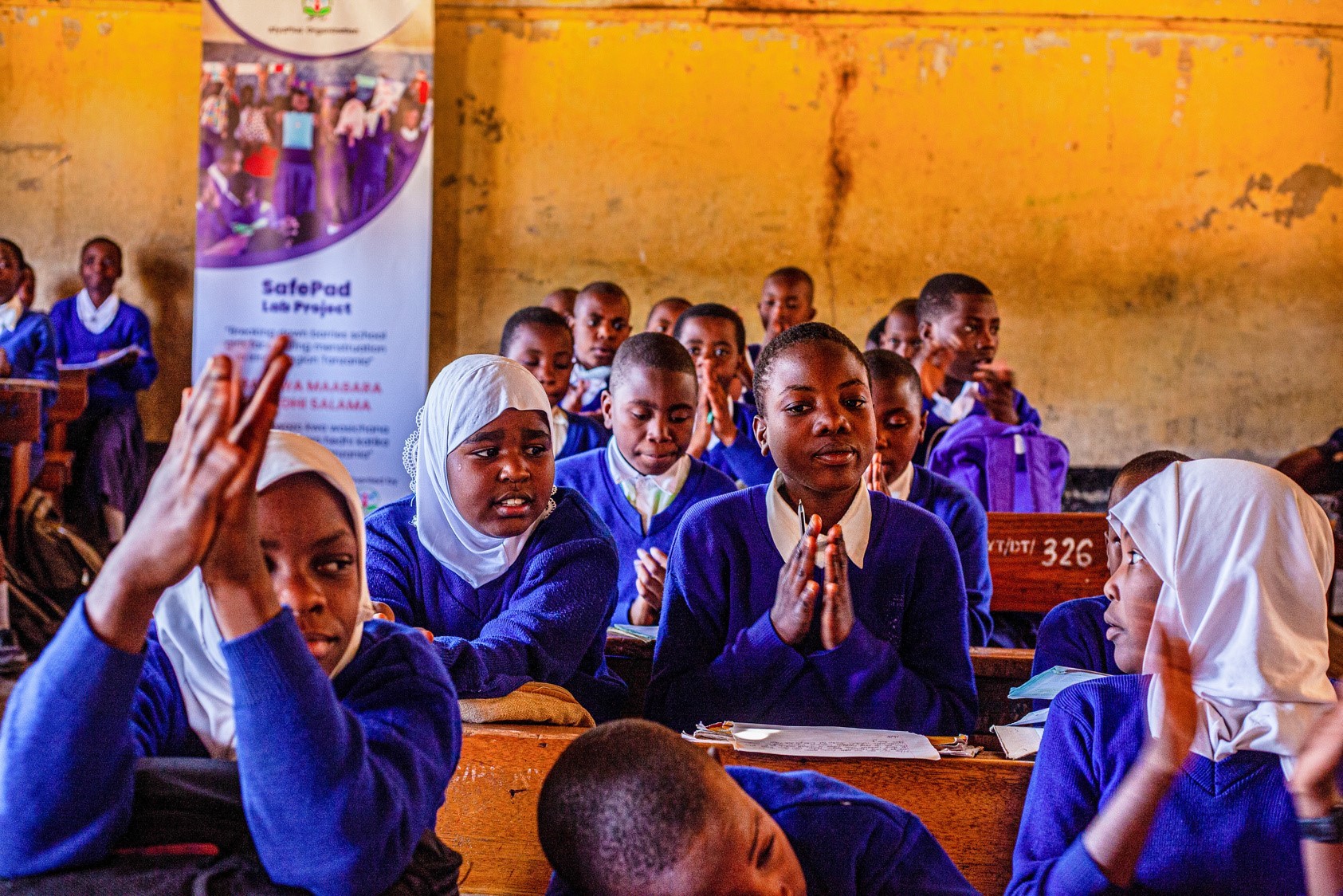
Safe Pad Laboratories
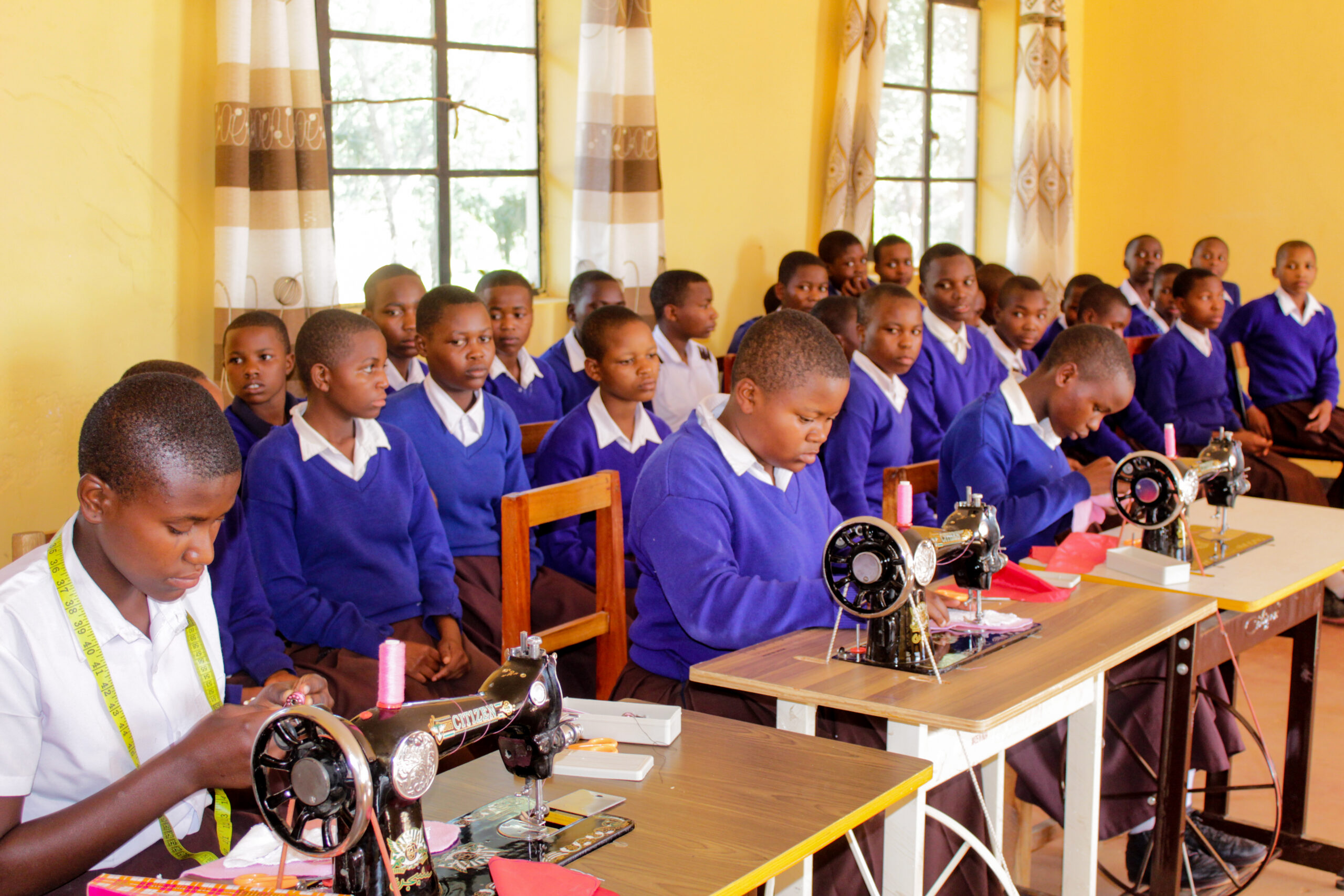
We've established reusable sanitary pad laboratories in schools across Dodoma and Iringa regions, providing machines, materials, and training on sewing reusable pads.
To date, we've established 25 safe pad laboratories and trained 1,954 students in reusable pad production.
Learn About Our LabsTraining Programs
Training of Trainers (ToT)
We've conducted Training of Trainers sessions on Menstrual Hygiene Management (MHM) and Adolescent Sexual and Reproductive Health and Rights (ASRHR) for Community-Based Trainers (CBTs) in Iringa and Dodoma regions.
This approach empowers local trainers with knowledge and skills to cascade information within their communities. Leveraging CBTs allows us to reach more students efficiently while ensuring knowledge retention for long-term impact.
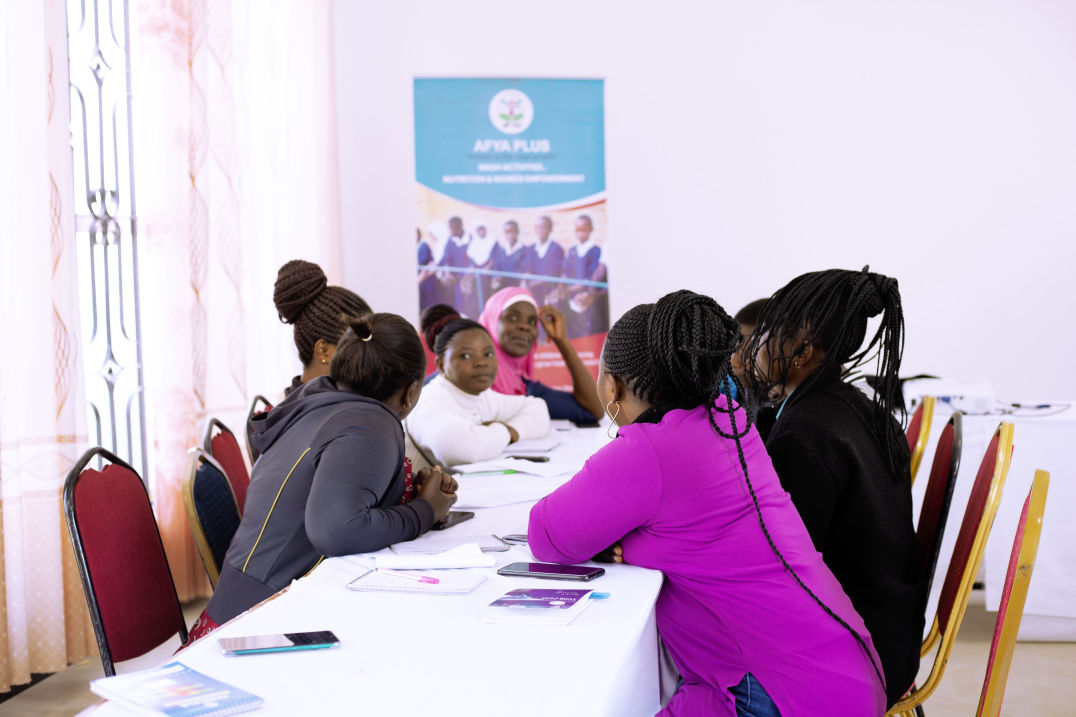
Stakeholder Engagement
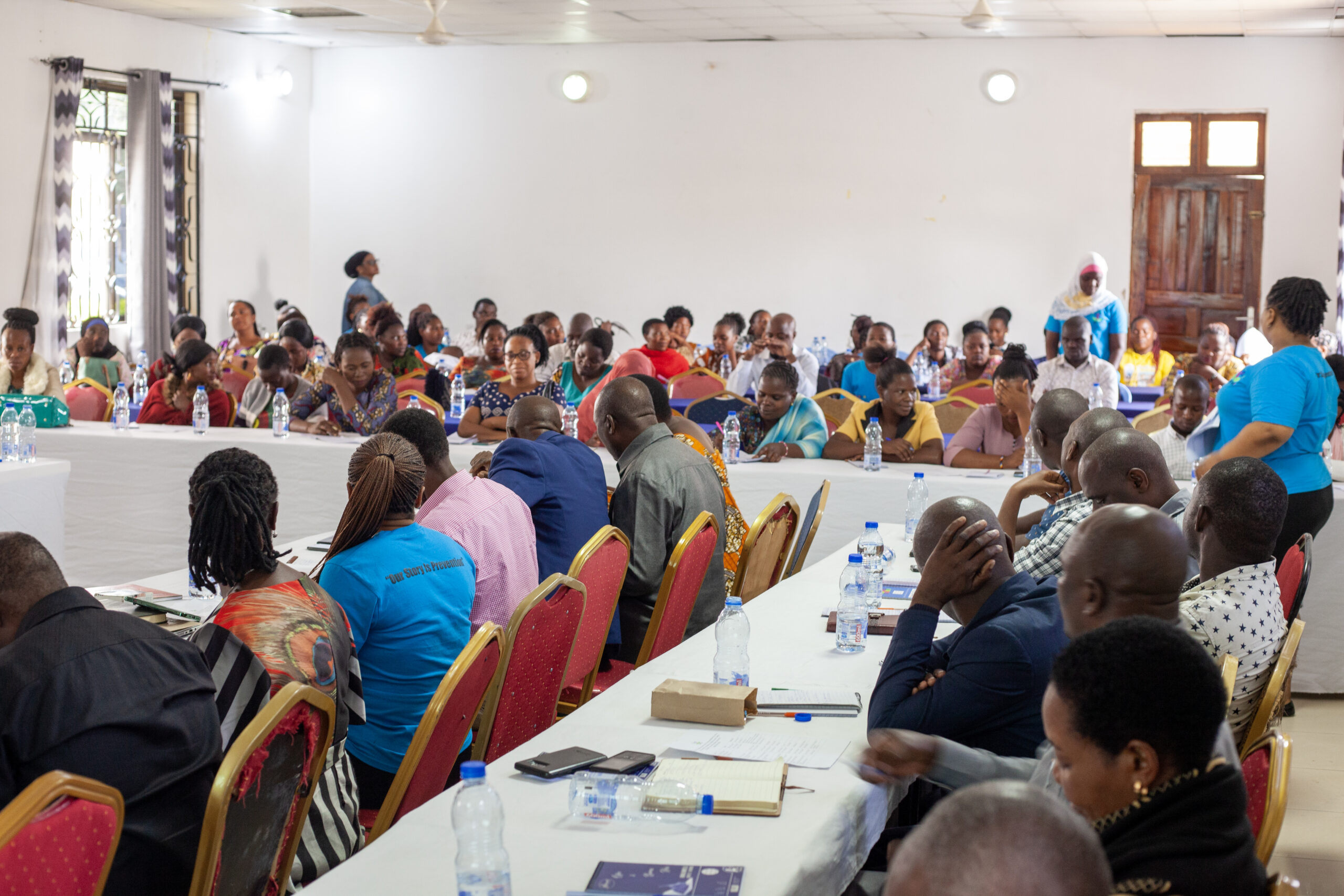
Capacity Building
We're building capacity among MHM stakeholders including frontline workers, caregivers, teachers, healthcare providers, and school health committees to create a supportive ecosystem for menstrual health.
Community Outreach
We've successfully conducted community awareness meetings reaching 798 parents and caregivers, significantly enhancing their awareness and knowledge on Menstrual Health and Hygiene (MHH) and Adolescent Sexual and Reproductive Health and Rights (ASRHR).
These sessions promote open dialogue, reduce stigma, and empower families to better support adolescents in making informed decisions about their health and well-being.
